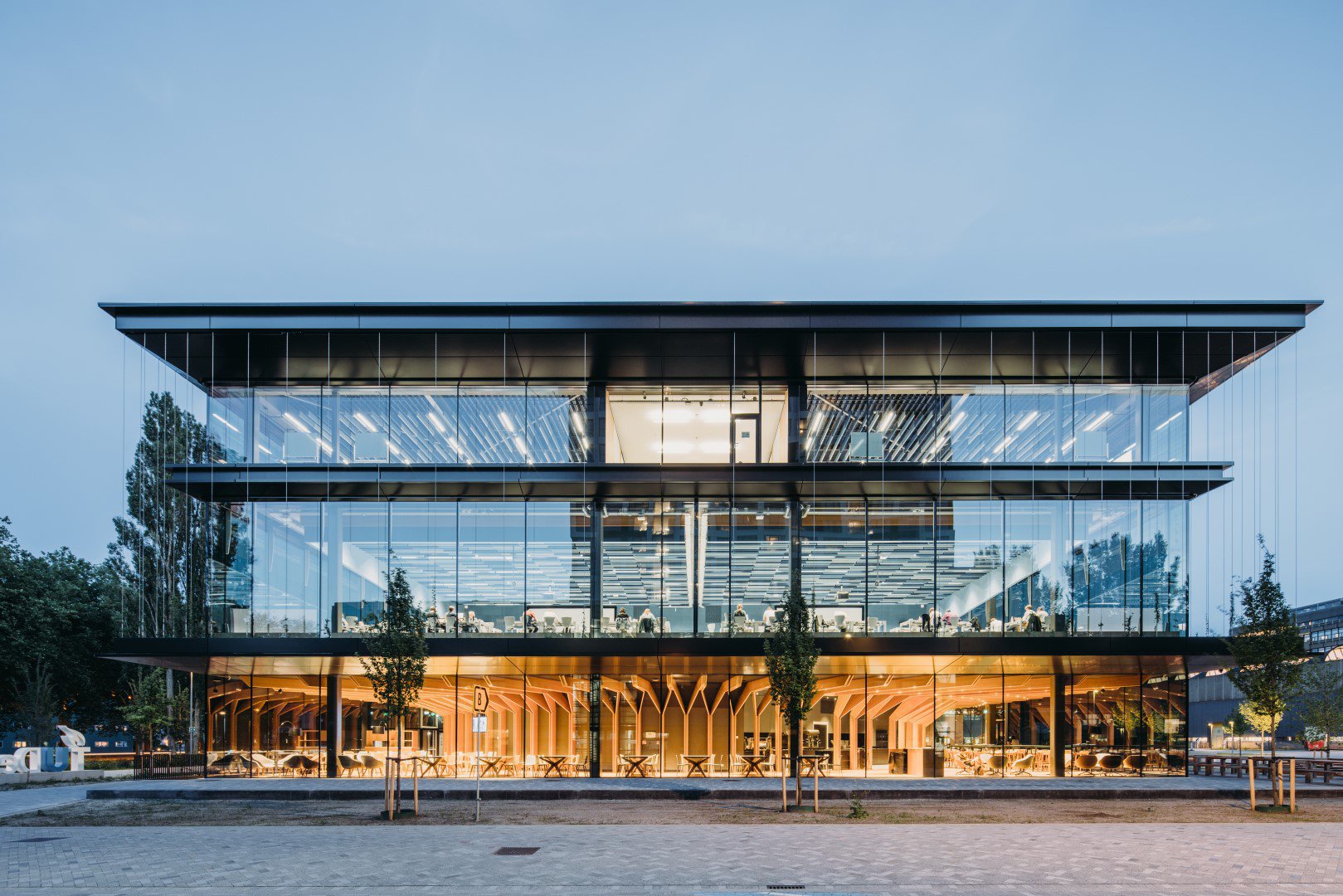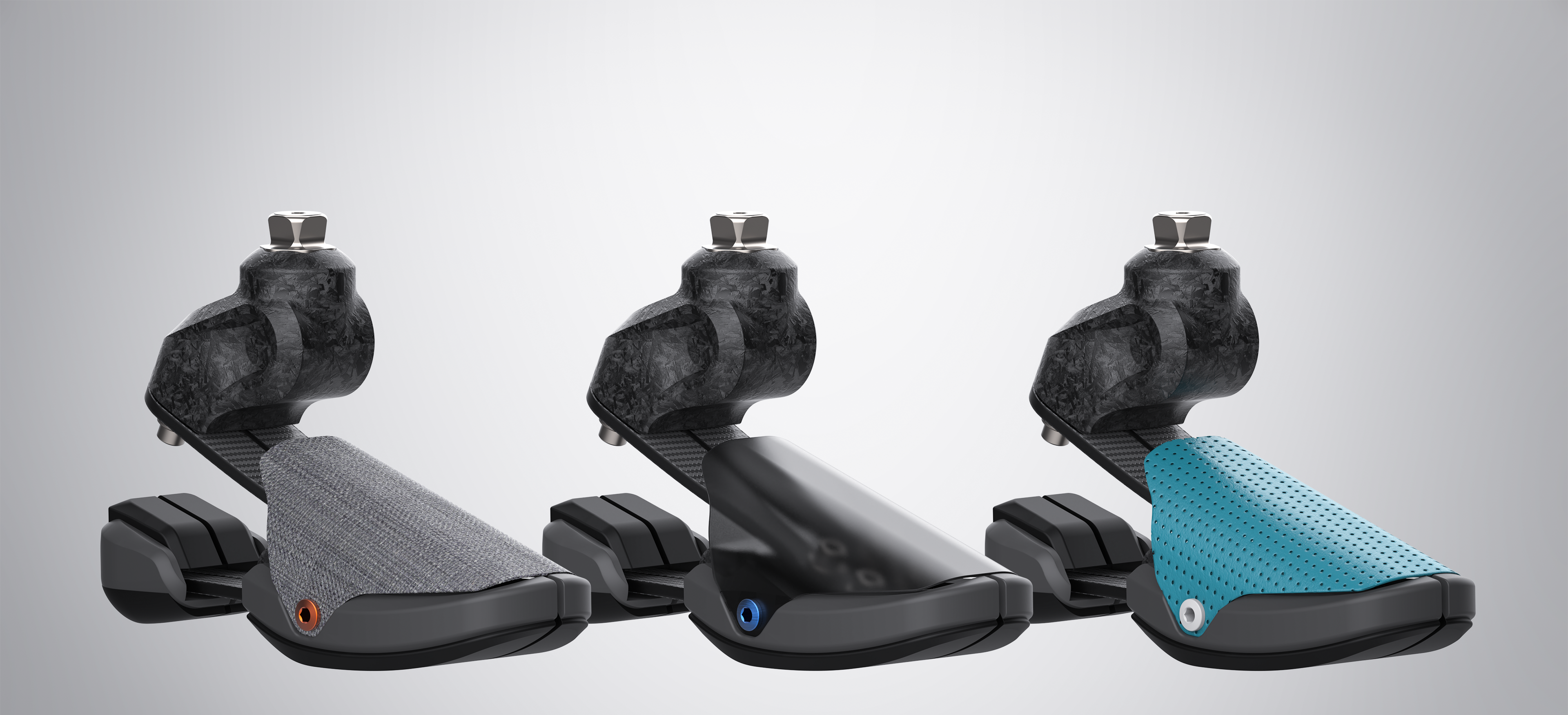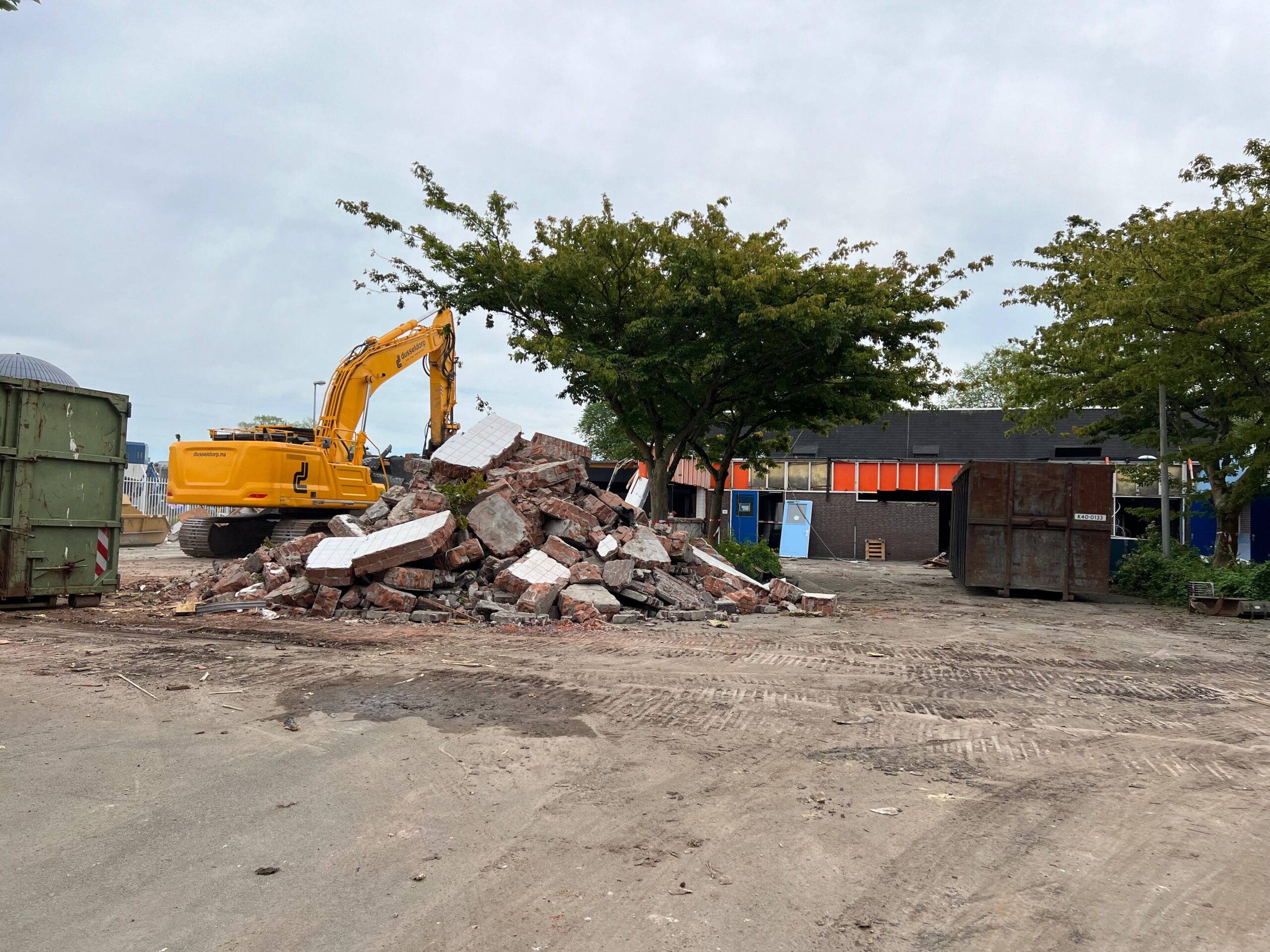
A large number of the spin-offs TU Delft is investing in are deep tech companies. So says Ronald Gelderblom, Investment Director at Delft Enterprises (DE). Deep tech is all about innovations based on breakthrough technologies and this is one of TU Delft’s traditional strengths. “The start-ups that emerge from our university can be classed as deep tech almost by definition, because they are always based on many years of research.”
Deep tech start-ups are characterised by a ‘high level of complexity’. A considerable period of R&D is often required before investors can make a successful exit – if they ever do. And that is where these start-ups differ from ‘normal’ tech companies built around a smart software app, for example, which can grow and scale up faster.
Drones
Another issue is that regulations can sometimes hinder progress. For example, the developments around autonomous drones are moving at high speed, but they can only be flown in the Netherlands if they are in sight of the pilot. “A drone start-up we had invested in failed a few years ago for that very reason. Brilliant technology, but they couldn’t do anything with it.”
There is one major advantage, however. Deep tech companies emerge from the university and that means that the science behind them has already been validated. “The basis is always pretty solid,” says Gelderblom. “And that’s a huge advantage.”
AI, quantum and biotech
Deep tech is all about products and applications based on promising technologies such as artificial intelligence (AI), robotics, blockchain, quantum, photonics, biotech and advanced materials. That requires considerable technical know-how on the part of both the company and the investor. “Ideally, you would have a couple of PhDs who’ve just completed their research and can join the company immediately.”
Delft Enterprises stands out from other investors by virtue of being part of the university, and accordingly, it has a clear goal too. Investments contribute to TU Delft’s mission: impact for a better society. “Our added value lies in the early phase: we help companies to take the difficult first steps.” In so doing, the focus is always on impact. “In the choices we make, we focus particularly on the impact these companies could have on society.”
High risk, great exit
Deep tech involves high risk and a long turnaround time. But as an investor you can also make a great exit if it proves successful. “There’s a substantial reward in return for high risk.” The secret is to configure your portfolio in such a way as to ensure that the successes compensate for any failures,” according to Gelderblom. DE’s portfolio therefore includes a number of companies built around less complex technology as well as deep tech. Since TU Delft is a broad university, that is no problem. “It’s always a good idea to diversify.”
When making new investments, Gelderblom and his team actively look at the themes in which they want to invest, driven by the innovation ecosystem around TU Delft. “We have the joint ambition to create commercial activity in certain fields.” The TU Delft Campus has a variety of innovation clusters, such as around robotics and AI (RoboValley), biotech (Planet.Bio) and quantum (Quantum Delft). By implication, spin-offs around these topics are assured of additional support in terms of R&D and possible collaborative partners.
Impact
Gelderblom is currently noticing increased interest among investors in what he calls ‘sensor driven companies’. Good examples of this at Delft are Villary and SenseGlove. At heart these companies are all about technology that can be used to gather detailed data, which are then used to do smart things using AI”, is how Gelderblom sums up the current trend. “Possibilities include measuring the effect of a particular medicine at cell level: a sensor or device that enables drug susceptibility testing, for example antibiotic resistance testing, at the point-of-care within a matter of seconds.”
The common theme is the pursuit of impact. Because that is deep tech’s great promise: it offers solutions to major social issues concerning climate, healthcare and energy. “That is what all these developments have in common.”
Want to know more about Delft Enterprises? Check their website or get in touch: info@delftenterprises.nl



